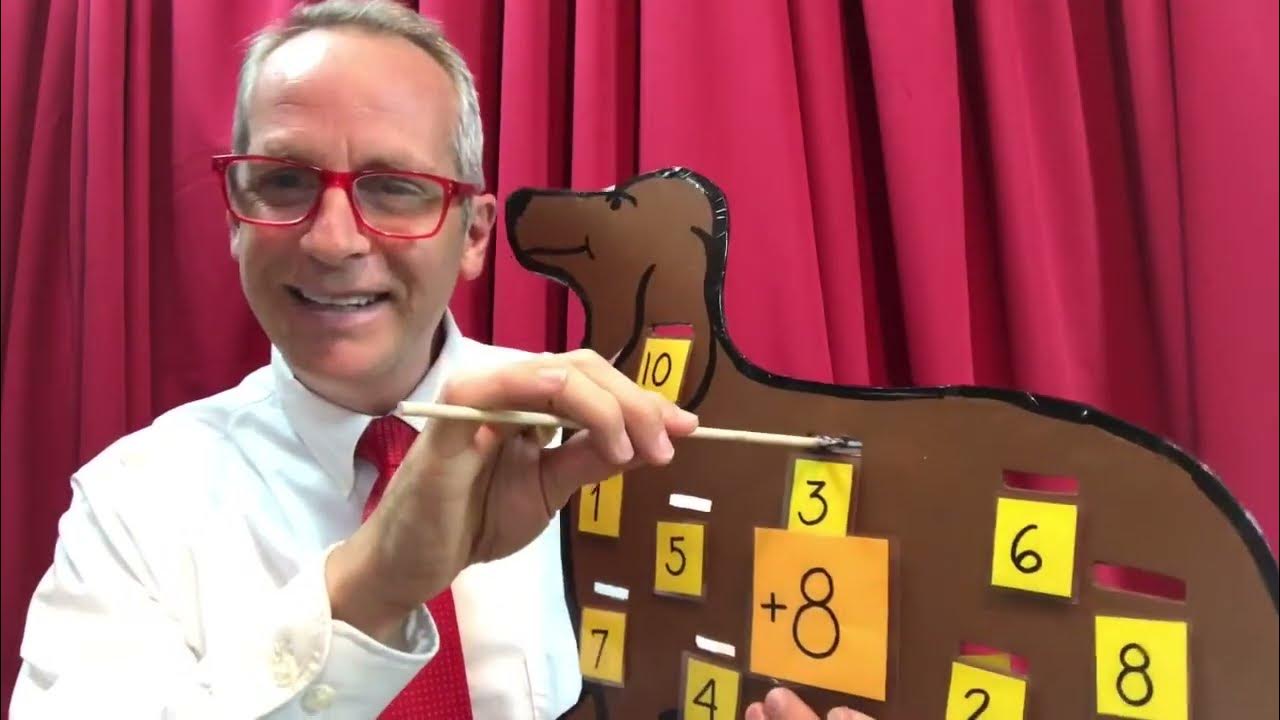Community Service Learning CSL
Summary
TLDRThis lesson on Community Service Learning (CSL) explores how combining academic learning with real-world community service benefits students. CSL promotes active learning, critical thinking, leadership skills, and social responsibility, all while addressing community needs. The approach fosters personal growth, career readiness, and civic engagement. The script highlights how CSL differs from traditional community service, and how it enhances learning through integration with curriculum, reflection, and experiential activities. CSL is shown to build stronger communities and better prepare students for future careers, while offering meaningful, transformative learning experiences across all educational levels.
Takeaways
- 😀 CSL (Community Service Learning) integrates academic learning with community service to develop students' knowledge, skills, and values through real-world experiences.
- 😀 CSL engages students in meaningful community service activities connected to their academic curriculum, fostering mutual benefits for both students and the community.
- 😀 Active Learning is promoted in CSL by involving students in hands-on experiences, making learning more engaging and relevant.
- 😀 CSL integrates theory and practice, helping students apply classroom knowledge to address real-world community problems.
- 😀 Through CSL, students develop critical thinking skills by reflecting on their community service experiences and connecting them to their academic learning.
- 😀 CSL helps students develop leadership skills, such as collaboration and problem-solving, which are valuable in academic and professional settings.
- 😀 Empathy, compassion, and social responsibility are cultivated in students through community service, increasing their sense of civic duty.
- 😀 CSL contributes to career preparation by offering practical experience and skills relevant to fields like social work, non-profit management, and education.
- 😀 CSL fosters collaboration between students, faculty, and community partners, ensuring that service learning projects benefit all parties involved.
- 😀 Reflection is a key component of CSL, encouraging students to analyze their experiences and link them to academic lessons, enhancing both learning and personal growth.
- 😀 CSL promotes civic engagement by encouraging students to take an active role in their communities, contributing to long-term positive social change.
Q & A
What is Community Service Learning (CSL)?
-Community Service Learning (CSL) is an educational approach that combines academic learning with community service. It involves students engaging in meaningful community service activities that are related to their academic curriculum, helping students apply their knowledge and skills in real-world settings while addressing community needs.
How does CSL enhance active learning?
-CSL promotes active learning by providing students with hands-on experiences in real-world settings. Instead of just learning theoretical concepts, students apply them in community service activities, making the learning process more engaging, relevant, and memorable.
What is the role of reflection in CSL?
-Reflection is a key component of CSL, where students are encouraged to reflect on their community service experiences. This reflection allows students to analyze their experiences, make connections between theory and practice, and deepen their understanding of the subject matter.
What are the key differences between community service and CSL?
-The main differences between community service and CSL include purpose, focus, learning outcomes, academic credit, and reflection. While community service focuses on providing service to the community, CSL is designed to offer learning opportunities for students, integrate academic credit, and emphasize reflection on the experience.
How does CSL help develop leadership skills?
-CSL provides students with opportunities to take on leadership roles in community service activities, helping them develop key leadership skills such as communication, collaboration, and problem-solving. These skills are valuable in both academic and professional settings.
Why is CSL considered valuable in terms of career preparation?
-CSL is valuable for career preparation as it provides students with hands-on experience in community service roles. This experience helps students develop practical skills and knowledge that are highly valued by employers, especially in fields such as social work, education, and non-profit management.
How does CSL contribute to social responsibility and civic engagement?
-CSL promotes civic engagement by encouraging students to actively participate in community service, thus fostering a sense of social responsibility. Students develop empathy, learn about community issues, and work toward positive social change, often leading to a lifelong commitment to social justice.
What are some principles of CSL that guide the learning process?
-Key principles of CSL include collaboration, reciprocity, reflection, critical thinking, service to the community, diversity, sustainability, active learning, experiential learning, community engagement, personal growth, and social justice. These principles ensure that CSL creates a meaningful and transformative learning experience.
How can community members be engaged in CSL activities?
-Community members can be engaged in CSL through activities such as needs assessments, partnering with community organizations, participating in service projects, community-based research, collaborative problem solving, and cultural exchange. These activities help students understand community needs and contribute to positive social change.
How is CSL implemented across different education levels?
-CSL can be implemented across various education levels, including primary, secondary, post-secondary, and adult education. In primary and secondary education, CSL involves service-learning projects. In post-secondary education, it is integrated into courses and degree programs. In adult education, CSL focuses on continuing education and professional development through community service and research projects.
Outlines

This section is available to paid users only. Please upgrade to access this part.
Upgrade NowMindmap

This section is available to paid users only. Please upgrade to access this part.
Upgrade NowKeywords

This section is available to paid users only. Please upgrade to access this part.
Upgrade NowHighlights

This section is available to paid users only. Please upgrade to access this part.
Upgrade NowTranscripts

This section is available to paid users only. Please upgrade to access this part.
Upgrade Now5.0 / 5 (0 votes)





